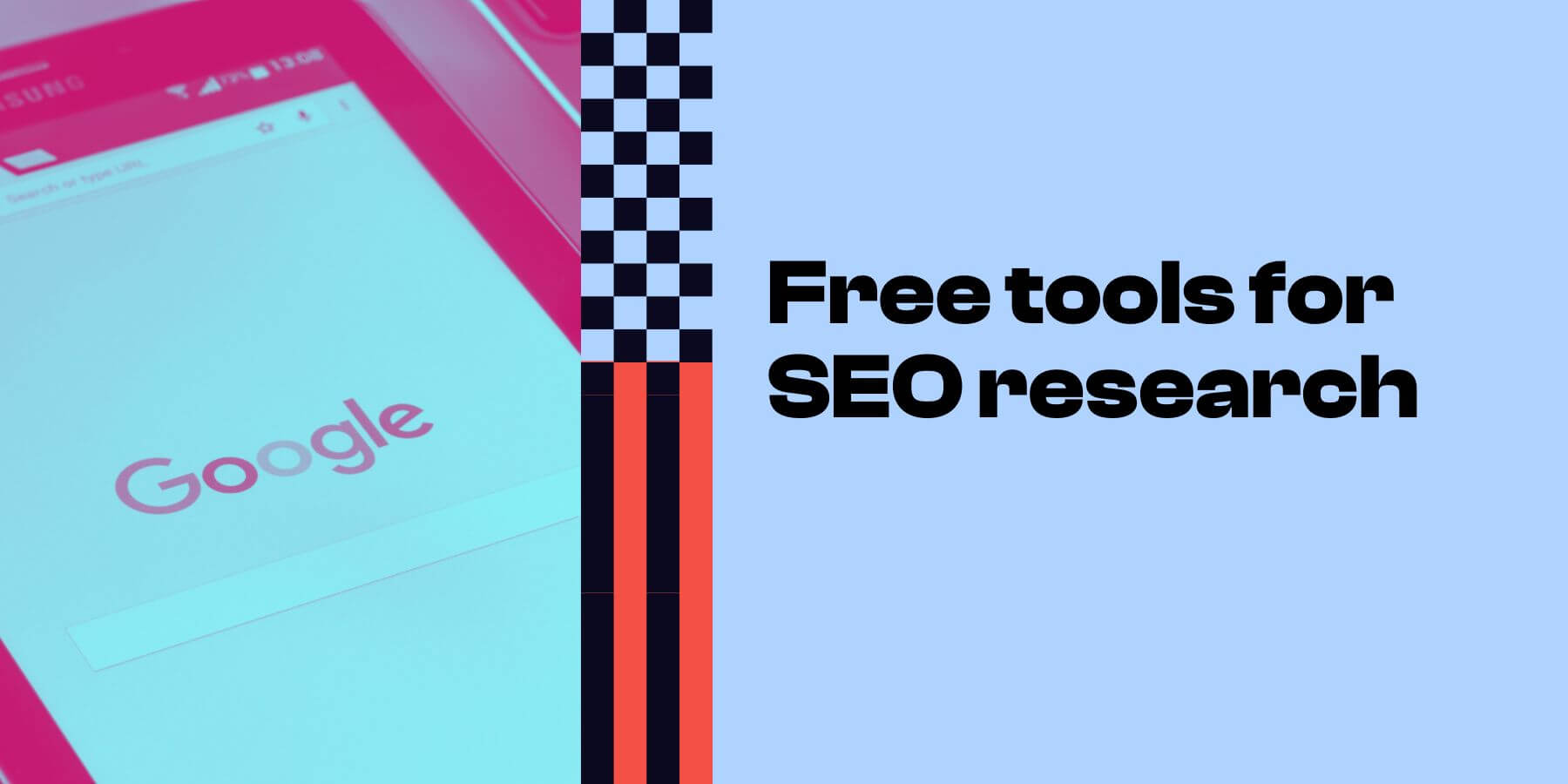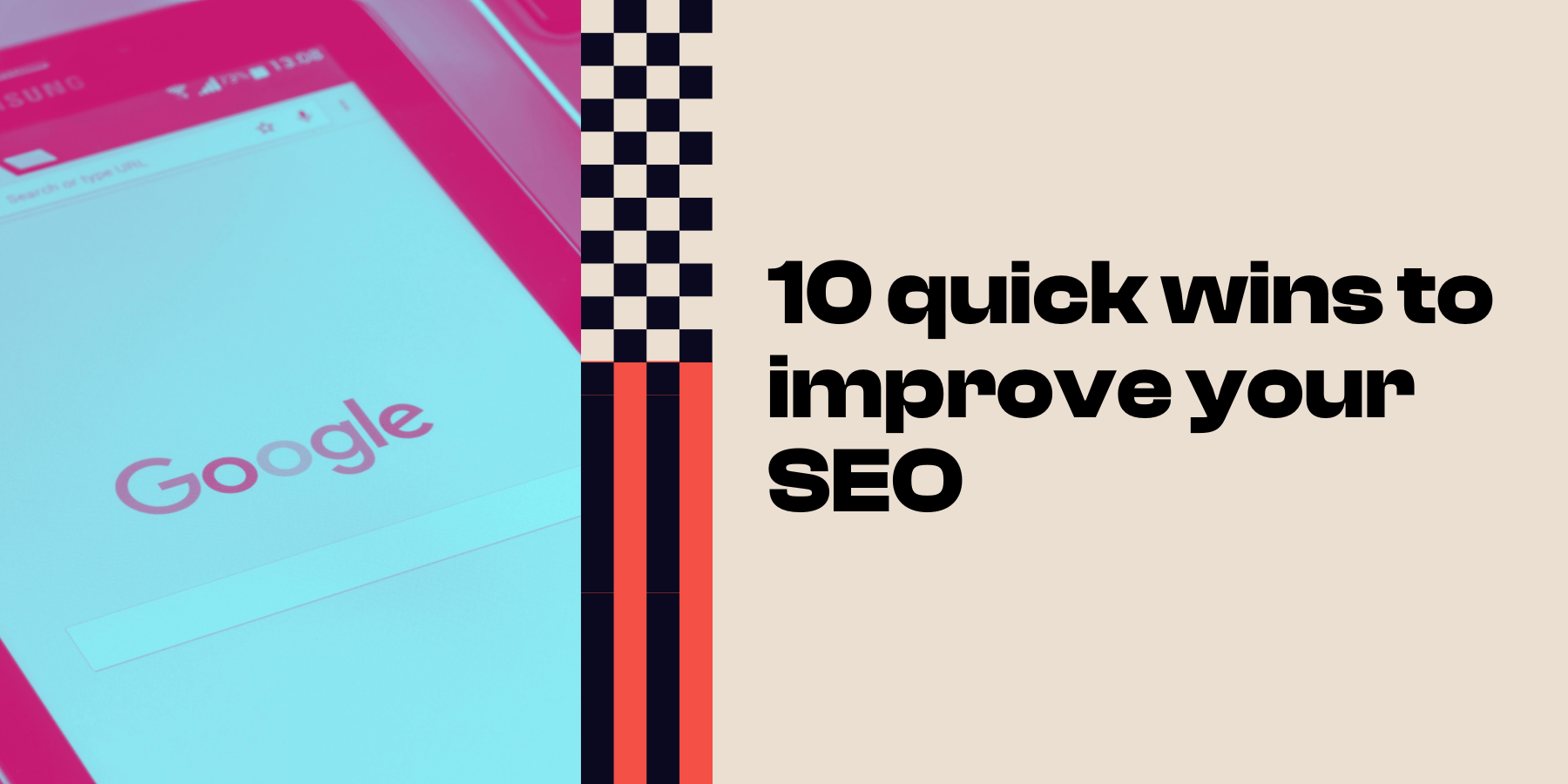Do you have diversity in your digital marketing?

Last updated: 16 January 2022
These days, people can start a business with a Facebook or Instagram account. No website, not even a phone or email sometimes. Just direct messages and great photos.
The zero cost business everyone can get into. Awesome!
Then you start getting some results, so you start spending some money on Facebook and Instagram ads. You start growing your audience, and getting more results. Your business is growing!
But you don’t own those accounts. You don’t own those sites. You may have paid for your ads, but you don’t own your Facebook or Instagram pages and profiles.
So old mate Mark Zuckerberg comes along and changes something.
He changes the design of your page or profile in a way you don’t like.
He makes it harder for you to achieve good results without spending money on ads.
He completely disables your Facebook page and brands you a news outlet.
He leaves The Chaser as the only ‘news outlet’ on Facebook.
You have no control over these changes.
Facebook is changing all profiles, and that’s that.
All of a sudden, with all your eggs in the Facebook basket, you have no choice but to start paying to play, or your business is over. There is no plan B.
This has been the reality for a lot of small businesses over the last few years. We could call it death by a thousand cuts - a series of relatively small changes that have combined over time.
But small businesses are not the only ones affected. Larger businesses have seen lucrative social media traffic end. This free little social thing they used to dabble in now needs dedicated budgets.
I’m laying all this at the feet of the tech giants, but this can happen via any lead source:
- The tradie getting a lot of leads from a real estate agent, stops other marketing, then when the real estate agent has a change of circumstances, the tradie finds themselves with no leads.
- The caterer that caters exclusively to weddings, only to find a global pandemic puts a temporary halt to weddings, resulting in their work drying up.
- The tour provider that goes exclusive with their best referring travel agency, only for the agency to go into receivership.
- The winery selling exclusively through a bottle shop chain with a shrinking retail footprint.
This happens outside the digital world too. Yet businesses continue to make the same mistakes.
So how do we tackle these kinds of issues, and insure ourselves against them? We show you the importance of diversifying your digital marketing.
Variety is the spice of life (and ticket to long term success)
The simple answer is to ensure you have variety in your marketing mix. No more than half your leads from any one source. In other words, diversity in marketing is crucial to sustained, long term success.
This might sound like a lot of work, but it’s insurance. Not only does this act as insurance should a lead source go down, but it also gives you more areas to find customers.
This doesn’t mean you should throw your site across all socials, be strategic with your marketing and aim for areas that will get you targeted growth.
However, it doesn’t have to be a complicated, number crunching process. For instance, set up a Google My Business page so that your company is easily reachable by those searching on Google.
Know your data
If you don’t know where your leads come from, that’s the first thing to fix. And the reason we partnered with HubSpot in the first place.
A CRM like HubSpot gives you a top-down view of all your customer data. This allows you to see not only where your leads are coming from, but also where your most profitable leads are coming from.
With HubSpot, you can fine tune your marketing to create a data-driven strategy built to get the campaigns you need for the results you want.
It’s important to acknowledge the data in order to plan for the future. HubSpot makes this incredibly easy, both to analyse data and to pull customer data in through lead magnets. With a data-driven strategy in place, your business will be ready to deploy a successful digital marketing strategy.
Meet the website: your most valuable online player
The scenario I started with has been so common for so many small businesses and sole traders that a frequent question I get is “Ryan, do we really need a website these days?”
I mean, look at all the businesses that started on Instagram.
My sister runs a baking business that started on Instagram. She makes the delicious cookies we’ve handed out at Digital Adelaide. She didn’t have a website at the start. People found her organically on Instagram.
So if people are finding her business, why does she need a website?
Your website is the one property online you control. You can make that button a different colour. You can change the layout. While your social media page could theoretically change overnight without your consent, your website is your own personal space on the internet.
Websites also allow you to open up a whole new line of traffic through Google search. If your site is correctly optimised, you can bring in a whole new stream of traffic as your site gives people the answer to the questions they’re asking.
Don’t forget email marketing
When the great Facebook news purge happened in Australia, we saw our news outlets switching to alternative communications channels. They realised they’d fallen for the ‘all eggs in one basket’ trap, with majority of their traffic coming from Facebook, and they needed another way of reaching their customers, rather than expecting their customers to reach them.
The solution? Email marketing.
They ran marketing campaigns on their websites encouraging visitors to sign up to email newsletters. Somewhat ironically, they used social media to promote their email newsletter lists.
Email marketing is an incredibly low cost, effective way to reach large groups of people. Email tools and options now are incredibly powerful, and can be used in an extremely clever, targeted way without large costs.
It’s a great, outbound way to bring people back into your website when you have a reason for them to do so, the same reason many of us use social media.
How do we tackle this at Refuel Creative?
We are far from immune to this. Many of our leads come in as referrals from customers, from partners, and from friends. Even past employees have referred customers to us!
Not everyone can take our approach to this, but we aim to tackle these issues in multiple ways:
- Website is the hub - This has to be our core platform, the place anyone can find information about how we can help them. We are continuing to work on building out our website to be central to our customer experience.
- The world is a small place - We have set ourselves a target of 25% of revenue to come from outside of Australia within the next 3 years, and 50% within the next 10 years. That way we are more insured against problems in any one market.
- Inbound is king - Our Inbound Marketing strategy, which feeds our blog, our content strategy, our SEO and our social, provides a huge range of benefits. Leads come in from our blog. Our blogs provide content for our social media. Everything is reused to strengthen more than one channel.
- Email provides support - We run targeted email campaigns, using the power of Seventh Sense, to deliver the right message, to the right person, at the right time.
TL;DR
While you can easily build and maintain a business on Facebook or Instagram, you shouldn’t rest all your eggs in one basket. You risk these platforms making a change that ends your business.
Diversifying your marketing is crucial to ensuring your business continues to grow in a secure and sustainable manner.
At a minimum, set up a Google Business profile, build a SEO ready website, and take a deep look at your customer data to determine future marketing strategies.
If you need some advice on how to diversify your marketing and overcome the hurdles your business is facing, reach out to the team at Refuel.






